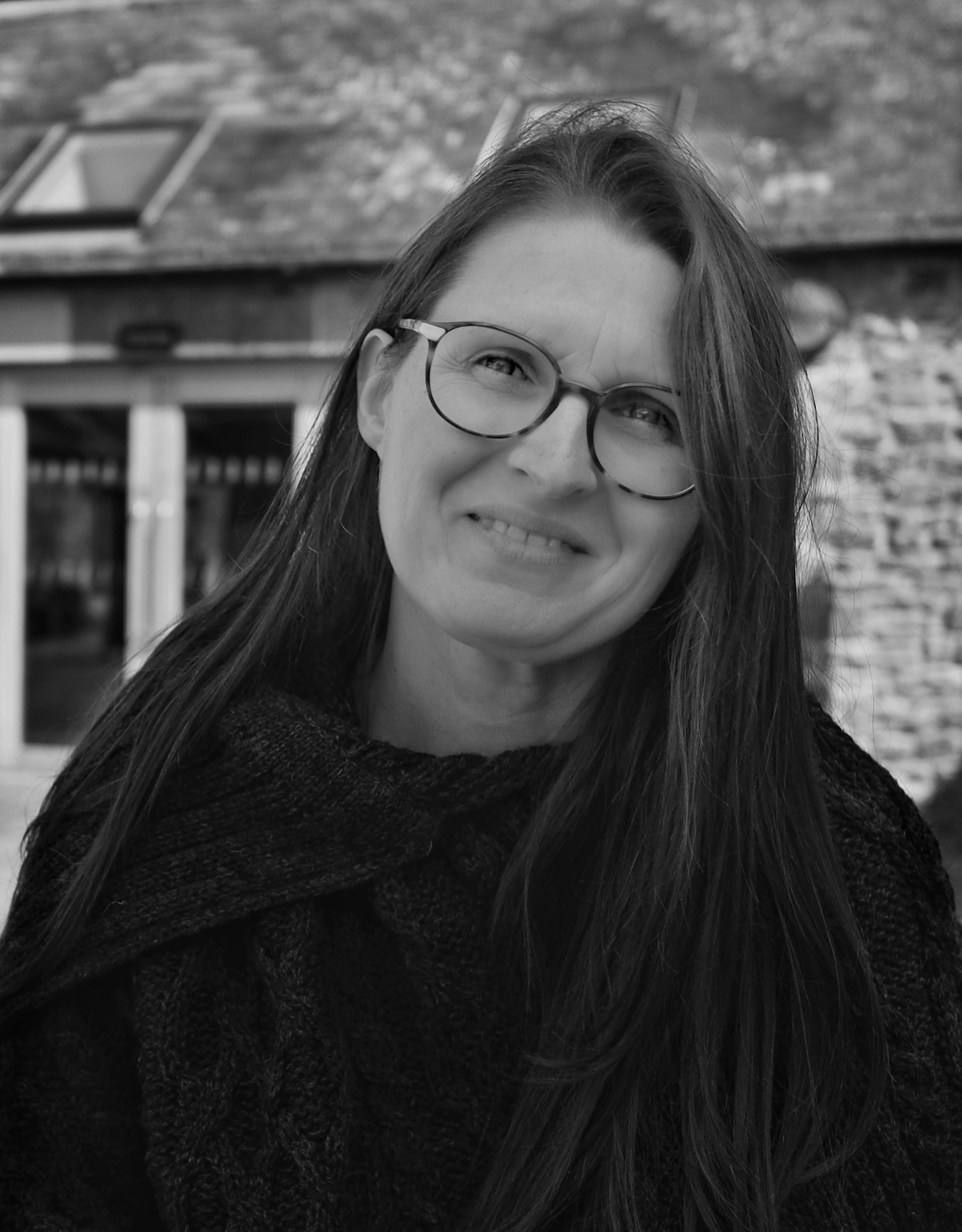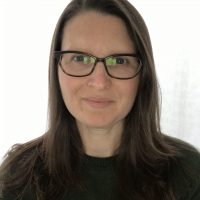“So, who are you? Who is Amy?”
Pleasantries done and breakfast ordered, the beautiful stranger that I had met the night before and arranged to meet this morning sat looking intently, deep into my soul.
The sun shone on the small cobbled street where we were seated across a little round table, outside a small family-run bistro.
My cheeks flushed. What should have been a fairly simple question, felt incredibly intimate, and I resisted the urge to look around and see who had overheard our conversation.
I held his gaze as my mind flitted through the many different ways I could choose to answer him. I had not dated in well over a decade and was utterly unprepared. For some reason, I’d expected the questions to start with something like, “So, what do you do, where do you live?” Something with a definitive response would have been easy.
Who am I?
My first thought went to the basic labels that I associate myself with:
>> Divorced
>> Single mum
>> Daughter
>> Big sister
>> Eldest child
>> Childminder
>> Animal lover
>> Environmentalist
>> Writer
But, none of these actually describe me, who I am as a person. They are all open to interpretation and would create an image in his mind based on his perceptions, life experience, biases, and stereotypes.
I could reel off an elevator pitch, like those I was taught to use in the corporate world:
“I’m a divorcee and single mum of three, living in a beautiful village with our crazy puppy, trying to do my bit for humanity and the planet.”
Nope, formal and impersonal; plus, this has the same issue as using labels. He would generate an imaginary story in his mind of who I am.
Nothing felt right.
I am many things and I have great depth to my personality as I believe we all do. We have a multitude of characteristics, reactions, and responses which make us who we are. Different people, circumstances, and situations bring out the varying aspects of ourselves.
“I’m me.” I replied. “Just me.”
What I meant was so much more, but in that moment, I couldn’t find the words.
Following my divorce, I had taken the time to get to know the many things that make me who I am, and I simply wanted to be myself. No pretences, no games, no adapting who I am in order to meet the needs of another. I was determined that someone getting to know me would need to see the real me and learn about the many different elements that make up who I am.
The me who is kind, caring, and nurturing. The me who likes to have fun and joins in with games and activities with my children and friends. The me who will stand up and speak on a subject I feel passionate about. The me who is quietly doing all that I can to protect our planet. And the me who wants to be the best version of myself every day.
My desire then, and still is, to live as my authentic self.
What I hadn’t figured out was how to communicate this effectively to another human being.
There have been many instances in the past when I have felt judged, in my mind unfairly, after answering questions in a way that leads the person asking to jump to a conclusion about me.
On one occasion, during a work-focussed conversation whilst at a function, I was asked what I did. I replied that I was a childminder and the gentlemen responded with, “Oh,” and turned away. I wonder whether, if I had answered that I ran my own childcare business, he might have engaged for a little longer?
I understand how easy it is to make assumptions based on our life experiences. I do it. I am also aware that I do, and I consciously challenge my preconceived ideas when I impose them upon someone whom I do not know.
My dog ran off in a park one day and headed toward the nearby river. As I walked the hundred or so meters in that direction, I saw a group of teenagers, most of whom were wearing sweatshirts with the hoods up, on the opposite embankment. I arrived to discover that my pup had got himself stranded on a ledge on the other side of the water where there was a six-foot wall up to the path above. The tallest of the group lowered himself down onto the ledge and lifted my hound up to his friends who were waiting to assist.
I could have been quick to judge these rowdy youngsters when I first noticed them “hanging out,” but I would have been wrong to do so. They were kind, caring, and polite.
Many organisations now offer their staff “unconscious-bias training” to generate an awareness of the preconceptions that exist knowingly, or subconsciously within their minds.
As well as being aware that we label others and they label us, it’s important to remember that we label ourselves too. We predict how other people will interpret who we are, based on our life experience and the stereotypes that we attach to these labels.
As our conversation flowed that morning in the autumn sunshine, I realised that I felt worried because of the negativity which I attached to the labels I gave myself. I expected that he would perceive them negatively too. Thankfully, he did not, and whilst we weren’t destined to become a couple, I am grateful we had the opportunity to get to know each other.
The labels that we may relate to, and which others would give us, do not define who we are.
We are so much more than a few tick boxes on a checklist can ever describe.











Read 8 comments and reply